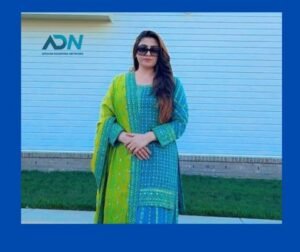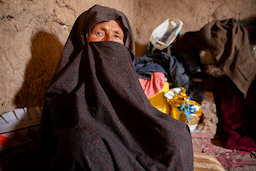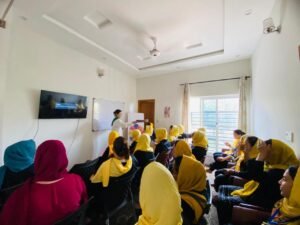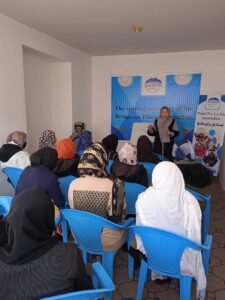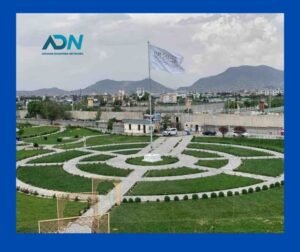“A Thousand Splendid Suns” Opera: A Painful Historic Recurrence and A Strong Form of Activism To Voice the Suffering of Afghan Women

By Nazila Jamshidi
On February 25, Afghan film director, Roya Sadat, orchestrated an opera based on the bestselling novel of Khalid Hosseini, “A Thousand Splendid Suns.” As much as the opera is a masterpiece by Roya Sadat, it is a resentful historic recurrence for women of Afghanistan. The opera was held in one of the most prominent opera stages, Seattle Opera, Washington State, where Afghan diaspora and Americans traveled hundreds of miles to watch the show. It was a remarkable work, yet, a look back at a painful chapter in Afghanistan’s history through the story of Marian and Laila, two women and main characters whose lives depict the first Taliban’s brutal and repressive rule.
Sadat was mourning the fall of her hometown, Herat, to the Taliban on August 12, 2021, when she began to work on this opera. She put her heart and soul into this production and wanted to depict the weight of pain every Afghan woman carries in their day to day life to the world and to whom Afghan women are no longer a concern or priority. To Sadat, who experienced life under the Taliban, the opera is more than a production or work. She views it as an opportunity to voice the distress and struggle of millions of Afghan women and draw attention to their circumstances.
To the world, A Thousand Splendid Suns might be a novel or an opera production based on a set of realities, but it is a bitter historic recurrence to Afghan diaspora worldwide after two decades of progress toward rights and freedom. The experiences women face in the story are morally, emotionally, and physically destructive and are the attributes of a patriarchal superiority using radical rule and legitimizing various forms of violence against women. But is the story any different from today’s reality of women living in Afghanistan? The answer is evident in the presence of tens of Taliban edicts, orders, and directives intruding on women’s rights.
From August 13, 2021, before the complete takeover of the country, the Taliban ordered imams to provide them with the lists of unmarried women aged 12 to 45 for their fighters to marry, to banning girls from secondary education, and banning women from attending and teaching at universities, almost every month of their rule has entangled issuing numerous misogynistic and destructive decree and orders which are the means of eliminating women as a human being. The fact that women are forced to endure and obey orders is visible in every aspect of today’s Afghan women’s lives.
What Sadat’s opera, however, is truly about is the way that women continue to voice their sufferings and struggles with such resilience and solidity. Neither to Sadat nor to any Afghan diaspora worldwide, A Thousand Splendid Suns opera is not only a production or performance. It is a form of resistance to atrocities, a style of activism for the hard-won gains undone by a fundamentalist regime, and the strength women find when subjected to endurance.
Orchestrating this highly timely opera also has a powerful message to convey to the world, the Taliban, and women trapped in an oppressive regime that new generations of Afghans are changed. They have been introduced to freedom, rights, and dignity that every Afghan should carry just as a human being. As much as this patriarchal calamity is familiar to women activists, they are equipped with the knowledge, skills, and tools to stand and voice against it at home and on the international stages. Sadat’s dazzling opera is a vivid example of such powerful activism.
Nazila Jamshidi – a gender equality and human rights specialist involved in Afghanistan’s development and democracy processes for the past decade – has worked for the UN, USAID, the International Federation of Red Cross.
Note: The contents of the article are of sole responsibility of the author. Afghan Diaspora Network will not be responsible for any inaccurate or incorrect statement in the articles.

